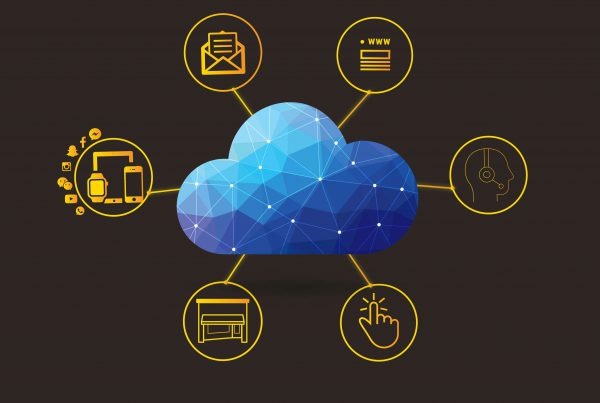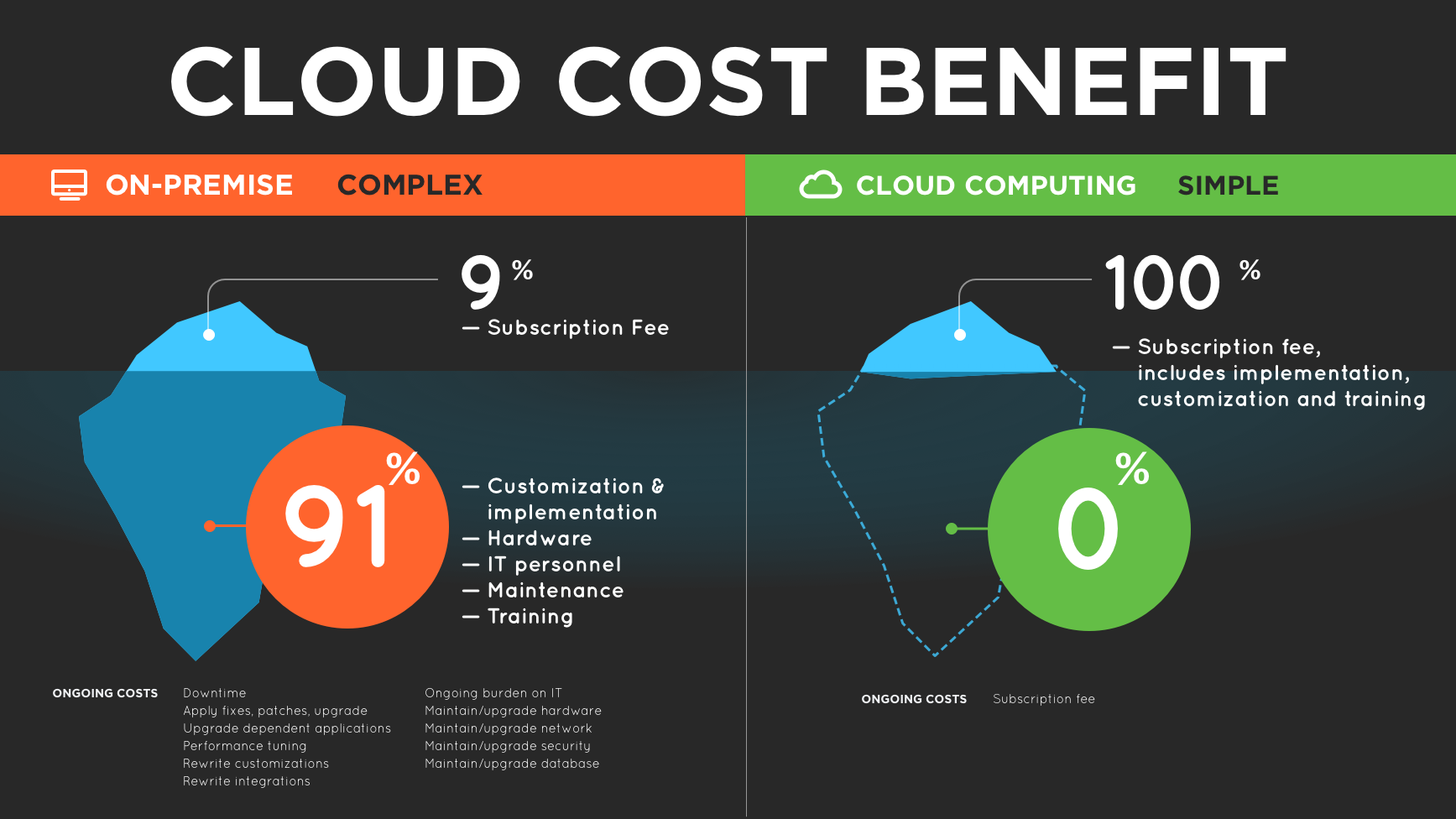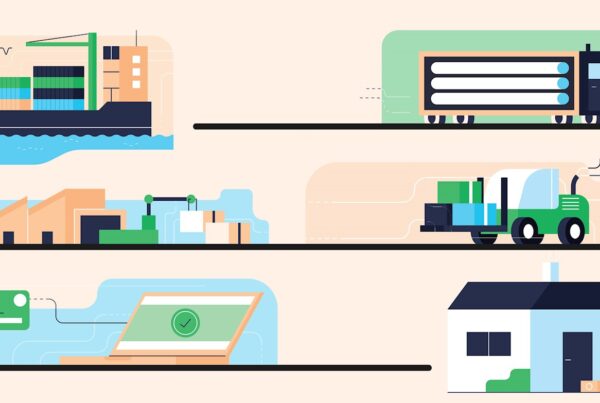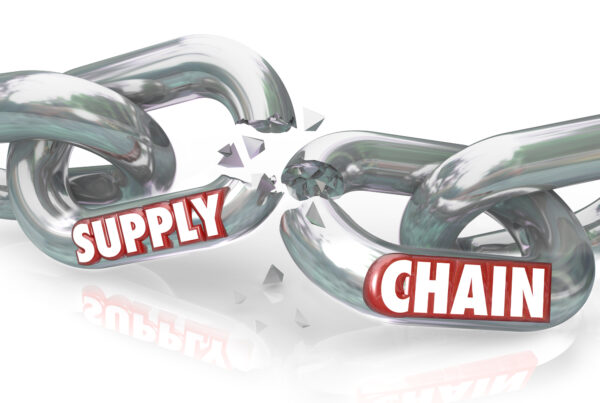Today’s consumers have the ability to purchase what they want whenever, however and wherever, putting them in total control of the market. With mobile and eCommerce on the rise, omnichannel fulfillment is becoming more and more important. Ready or not, companies and their supply chains need to move at the speed of the internet to keep up.
As a result of this change, and other technological advancements we are seeing more businesses, large and small, moving their supply chain software solutions to the cloud. Analyst firm Gartner estimates that 30-50 percent of new SCM application purchases are cloud based. No surprise when you consider the immediate cost-savings and improved collaboration the cloud offers. But it’s not a case of one-size-fits-all. Data security, costs and scalability are just a few of several factors to consider when deciding whether to leverage the cloud as part of your omni-channel strategy.
Outdated Perceptions About Data Security in the Cloud
It seems like a major global brand suffers a data breach every week. The Identity Theft Resource Center (ITRC) reports that there have been 227 data breaches recorded through April 5, 2016 – nearly 10 percent higher than the number reported for the same period in 2015. And attackers don’t only target the information stores of global brands like Target and Apple’s iCloud. Businesses of all sizes across all industries are in their cross-hairs.
That’s why an on-premise system can be to your IT team what a security blanket is to a toddler. There’s the reassurance of familiarity that comes with owning and maintaining systems in-house. The 2015 IDG Enterprise Cloud Computing Study reports that a majority of IT pros doubt that cloud computing solutions can prevent unauthorized access and preserve data integrity. But that perception is outdated.
In fact, if you partner with the a cloud services provider that enables safeguards such as encrypting data at-rest and in-motion across your network, migrating to the cloud can actually help you improve your security posture and realize short- and long-term cost savings. In addition, it relieves you of having to regularly download and install vendors’ security patches.
Migrating to the Cloud Will Save You Time
Ease of management is another major benefit of migrating to the cloud. The management of on-premise systems, is simply more time consuming and complex. Consider the process of buying which involves installing hardware and loading it with software, typically taking 8-12 months. It could years before you realize ROI.
Cloud-based apps “live” on a provider’s servers and automatic updates are delivered to ensure you always have the latest version. Combine the average installation time of just 90 days, with the lack of any up-front or maintenance costs, and you can realize ROI in less than 24 months. We’ve seen retailers slash eight hours off same-day delivery times and increase inventory availability.
Making the Decision
If you decide to migrate to the cloud, examine your options. Saving money, data security, 24/7 access to apps, information stores to all users, and real-time collaboration with all of your supply chain partners are all priorities to consider.
Gravity has designed our suite of cloud-based apps to help you make your supply chain more efficient and cost effective, either as your single supply chain software solution or as the unifier integrating your existing systems. To try our apps for yourself, please book a demo, and we will contact you within 24 hours to schedule a one-on-one demonstration and answer any questions you may have.





